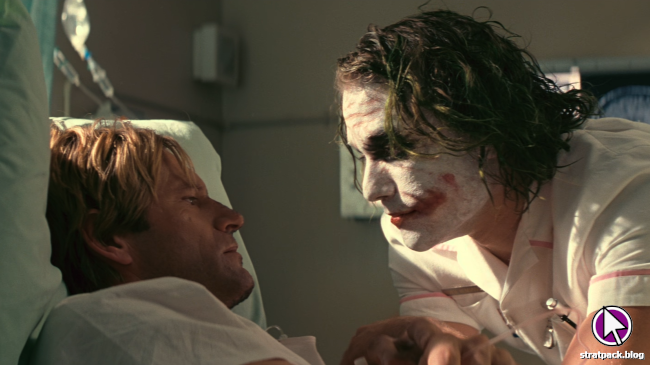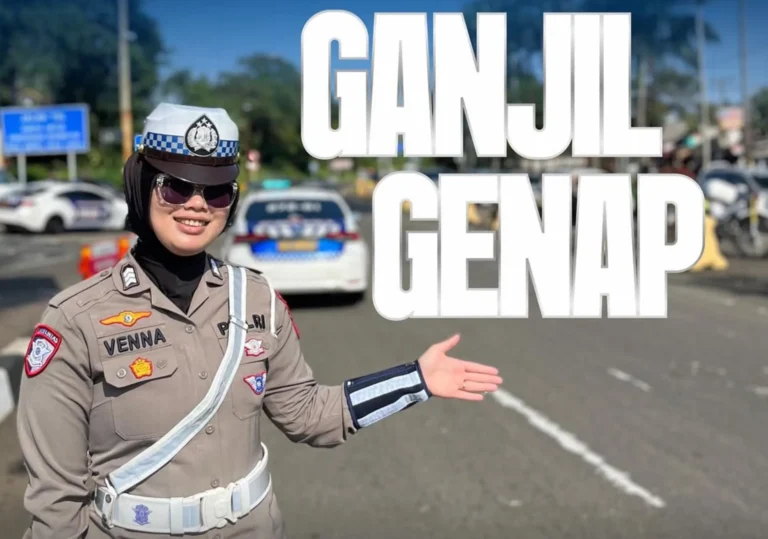Film and TV
If Batman Begins was popular, The Dark Knight was a sensation – and a controversial one at that. I remember listening to a radio debate around whether the film should have received a 12A rating due to its darkness and violence, and while itâs never particularly bloody, it certainly covers some serious themes.
Christopher Nolanâs second instalment is chiefly remembered for its famous portrayal of the Joker character, played by the late Heath Ledger. Itâs made clear from the start that he doesnât play by normal rules, and he exhibits a glee in his violence that often veers towards sadism. Even in the opening bank heist, he kills his comrades and leaves the bank manager with a live grenade in his mouth.

But the Joker is more than a comic book villain shown through a darker lens. Heâs a representation of a new evil faced by the West. The interplay between him and his (initially) good counterpart Harvey Dent elevate The Dark Knight from a well-constructed and entertaining superhero film to a study of the Western psyche in the 2000s. Unlike Batman Begins, the filmâs intrigue lies less in its own charactersâ motivations and more in what the parallels drawn with the post-9/11 world.
Heroes and villains
The Joker represents terrorists, an anarchic evil who in the words of Alfred âjust [wants] to watch the world burnâ. His terror is unpredictable – it can crop up anywhere, at any time, and through any means. Even when cornered, he relishes in the chaos, daring Batman to break his one rule and kill him. Heâs too much even for the regular criminals of Gotham, who see him as a âfreakâ.
The opposing force is the new district attorney, Harvey Dent, who serves as an Uncle Sam figure and represents the US. Dent stands for purity and justice, and is engaged in a huge operation to clean up the remainder of the Falcone crime syndicate. Such is his dedication that he wins over an initially skeptical Bruce Wayne despite his involvement with his love interest, Rachel Dawes.
Wayne sees Dent as a path to a future where Gotham wonât need Batman (and where he can finally settle down with Rachel himself). But the Joker has another fate in mind for them all. Dentâs famous line is prophetic to his own story, but can also serve as an analogy for the USâs reputation at the turn of the 21st century.
âYou either die a hero, or you live long enough to see yourself become the villain.â – Harvey Dent
Action and reaction
A cruel Joker scheme sees Dent and Rachel tied up in warehouses rigged to blow. Batman saves Dent, but Rachel is killed, and the sense of injustice is enough for Dent to turn. Half of his face is blown off in the explosion, and one side of his lucky double-headed coin is burnt. Harvey Dent is no longer the good guy.
The shots of firefighters stood in the buildingsâ rubble are reminiscent of 9/11, and Dentâs lust for vengeance has parallels with the attitudes of the US government and the Western public after such a horrific attack on their own soil. Dent thinks that Gordon and Batman are trying to be âdecent men in an indecent timeâ, but doesnât believe thatâs a sufficient response to what has happened.
His subsequent rampage, where he seeks out those he feels are responsible or who could have better protected Rachel, could be likened to the heavy-handed and ultimately ill-advised War on Terror. The Jokerâs actions have destroyed Dentâs integrity, and he lashes out violently at the world seeking revenge.
â[The Joker] wanted to prove that even someone as good as you could fall.â – Batman
Meanwhile, Wayne shows Fox a new toy he has developed – heâs using citizensâ phones to map Gotham through sonar to help him trace crime. Foxâs ethical concerns mirror criticisms of the increased state power granted by legislation like the Patriot Act in the aftermath of terrorist attacks in the early 2000s, and – rather prophetically – the PRISM programme revealed by Edward Snowden.
Gothamâs white knight
The Joker later explains that he thinks the people of Gotham will lose their faith in good when they hear of Dentâs vendetta. Much like real-life terrorist atrocities, the Jokerâs actions already have them eyeing their neighbours with suspicion – even voting for and against blowing them up during the ferry dilemma scene.
The twist, and the final cherry on the cake that is this masterpiece, is that Batman defeats the Joker not only physically but also in information warfare. He takes the fall for Dentâs crimes so that his image and legacy can remain pure in the minds of the populace and their belief in good and justice can be preserved.
âSometimes the truth isnât good enough⦠Sometimes people deserve their faith to be rewarded.â – Batman
The Dark Knight ends with perhaps the most iconic moment in the trilogy as the police begin to hunt Batman down. The music swells. Gordonâs son, who Batman has just saved from Dent, questions why heâs being chased. Unable to properly explain the complex situation to such a young child, Gordon simply remarks that Batman is âthe hero Gotham deserves, but not the one it needs right nowâ.
This film is rightly considered the best in the series, but I think largely for the wrong reasons. It works as a comic book film – the characters, story, and set pieces are all fantastic – but The Dark Knight stands out because it isnât about cartoonish good and evil. Itâs a snapshot of the worldâs unsure response to a new and dangerous challenge, and the threat posed to our entire moral compass.
5/5


Gaming Center
A gaming center is a dedicated space where people come together to play video games, whether on PCs, consoles, or arcade machines. These centers can offer a range of services, from casual gaming sessions to competitive tournaments.



